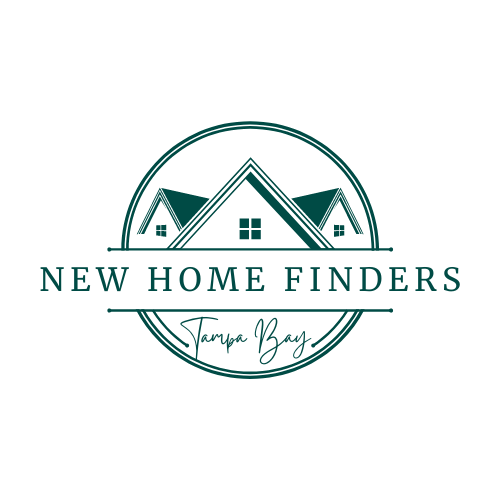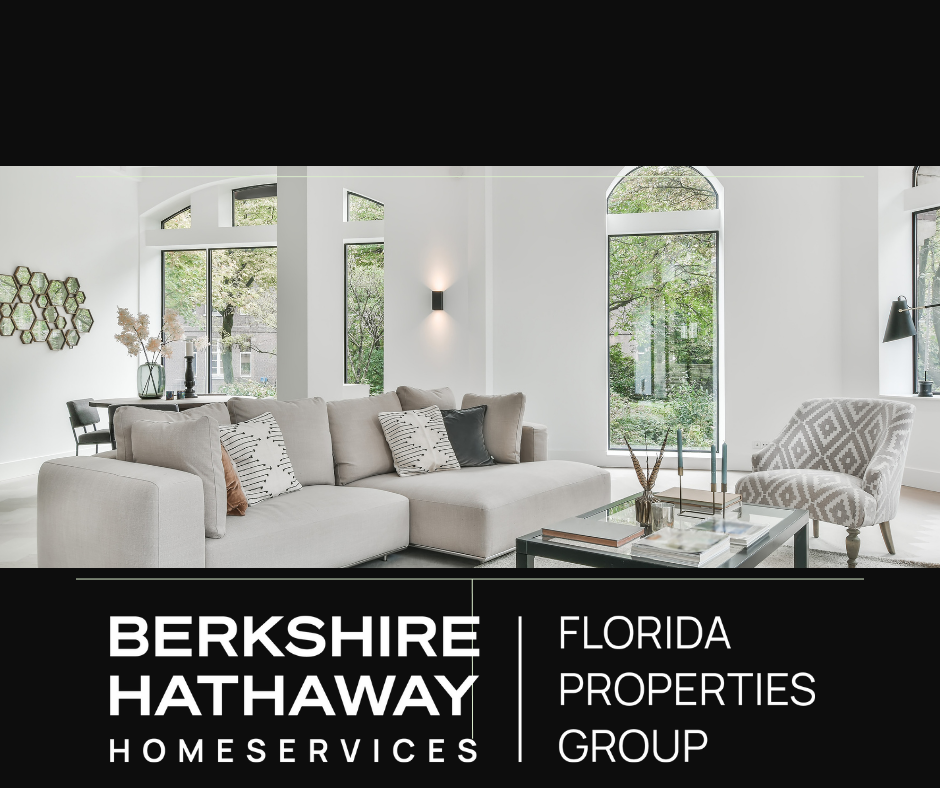Tampa Bay New Home Finders
Do I have to pay CDD Fees?

One question that is commonly asked is how much is the CDD and what exactly is it?
CDD fees are added by a developer and are typically used to cover the costs of building roads, utility lines (water, sewer, electric), streetlights, and other infrastructure elements including any amenities being built in a community. They are a bond (think loan) that the developer takes out to build a new community.
Is there any advantage to having a CDD?
There is a misconception (or perhaps a misunderstanding) that a CDD community is a bad thing. The advantage is that homeowners will have a beautiful community to live in with a variety of recreational amenities.
How it works
A developer takes out a bond to put in the infrastructure and amenities. When they are building, they don’t have to wait for a certain percentage of the homes to be sold to pay for the roads, pay for the utilities, or that beautiful pool – the bond is the money to develop the community. Your CDD is paid in the tax bill which protects the community developer.
There are two parts to a CDD. The first part is the bond portion – this is the balance of the loan. The second is the maintenance – this is to pay for the common areas – amenities. Note some communities will also have a HOA which is usually to enforcement of deed restrictions within a community.
Impact fees verse CDD
It is important to understand that if you were building a new home on a piece of property outside of a community, you as the home builder would be charged an impact fee. An impact fee is a one-time tax that is imposed on all new residential construction in order to defray from the cost of the growth the new residence will impose. Growth on services such as schools, parks, roads, fire services just to name a few. It is tax on new residences.
These impact fees paid to the local government must be spent on what the fee is slated for – growth improvements.
Other fee’s
Building on your own land also has other costs that maybe associated with it: septic or sewer hookup, well or water hook up, road impact fee (think driveway fee), and school fee.
Summary of CDD's
So while many say NO CDD, the impact fee’s of building a home on your own land can equal or even be higher than that of a CDD with no amenities and it must be paid most often at the time of building the new home. The CDD may in fact be a higher cost but it may not be a bad thing.
Connect with East Pasco Living Agents today for more information and the opportunities for existing homes and the numerous new construction opportunities.
If you are considering purchasing a new construction home and would like to ask questions, schedule a discovery call today with one of us or our designated New Home Specialists.
Carla Goddard | East Pasco Living Team Lead | Operations Director Builder Services
Graduate, REALTOR® Institute | Residential Specialist | BHHS-Certified New Home Specialist | Certified National Home Specialist – Residential Construction Certified (CNHS-RCC) | NHCB Certified New Homes Co-Broker |BHHS-Certified eCertified® Specialist | BHHS-Certified rCertifiedSM Referral and Relocation Specialist | Tampa Bay Builder Services Manager
📧email: carla@eastpascoliving.com
📲text/call 813.716.4498
Follow us




